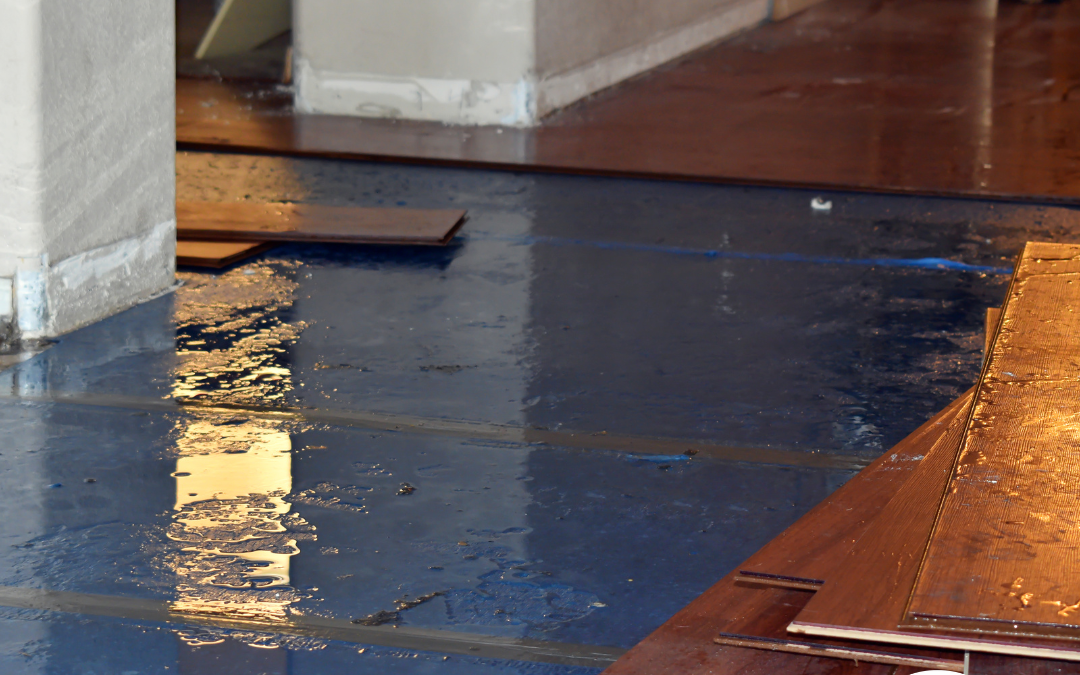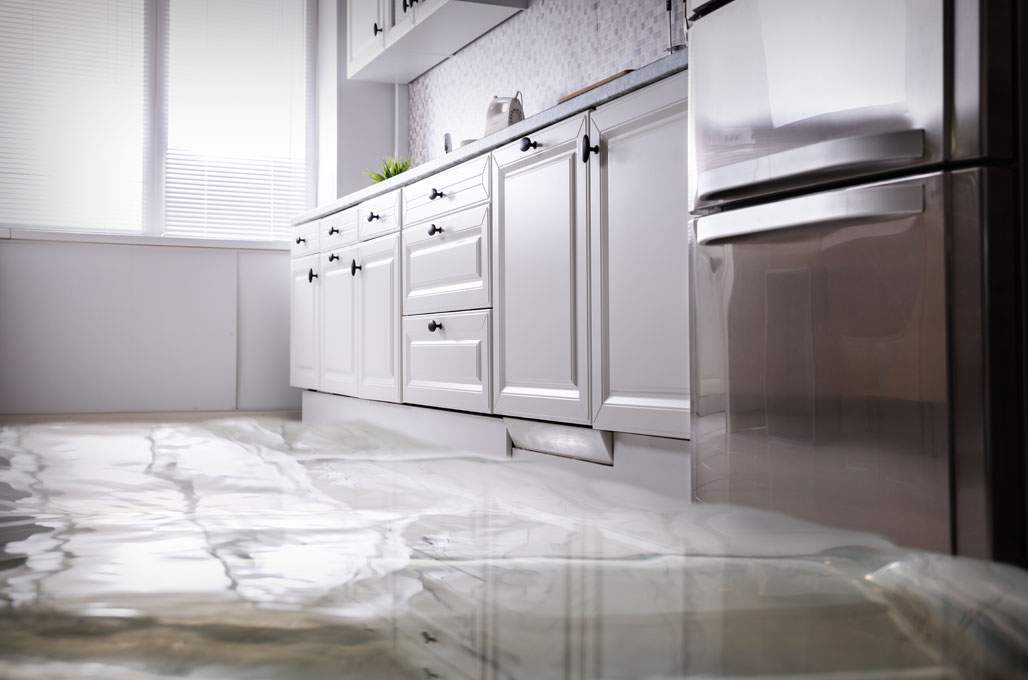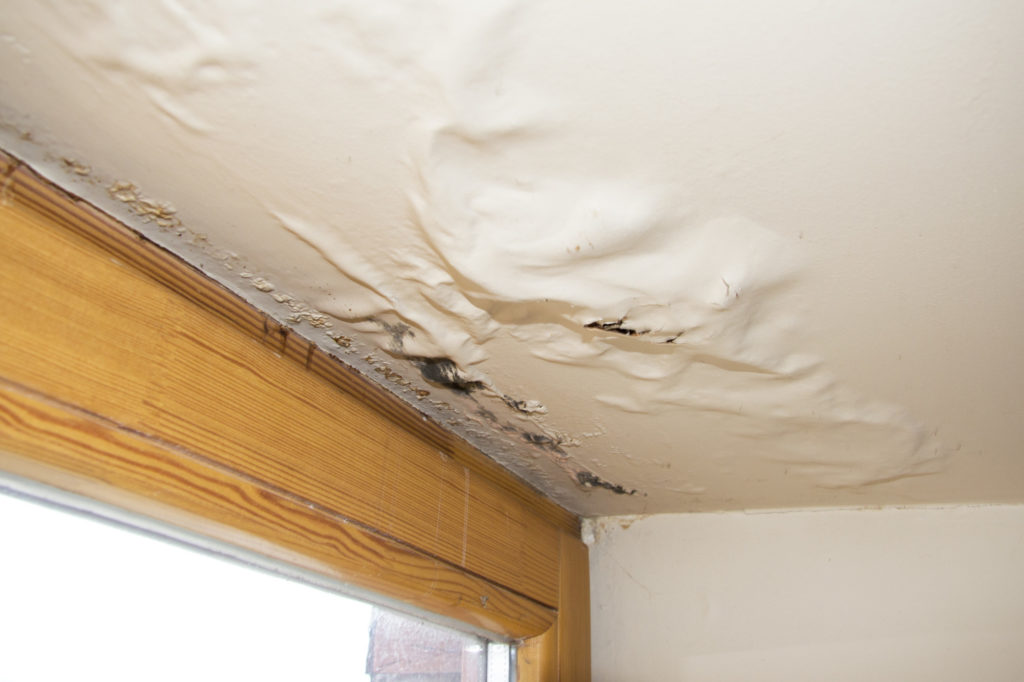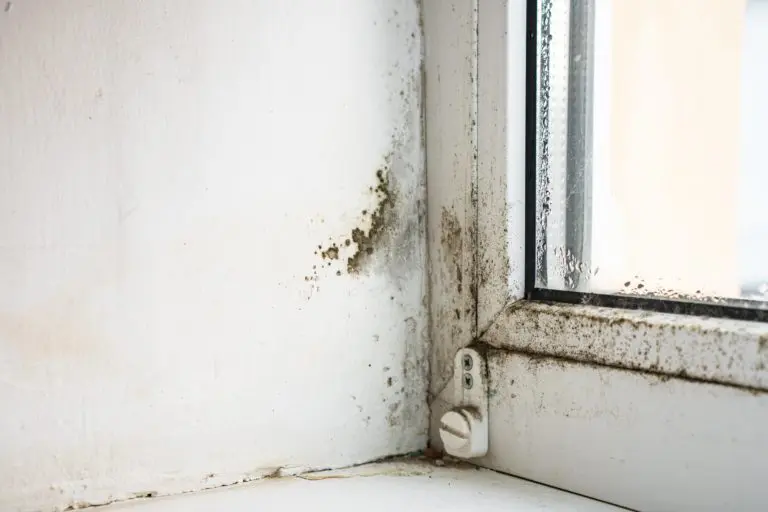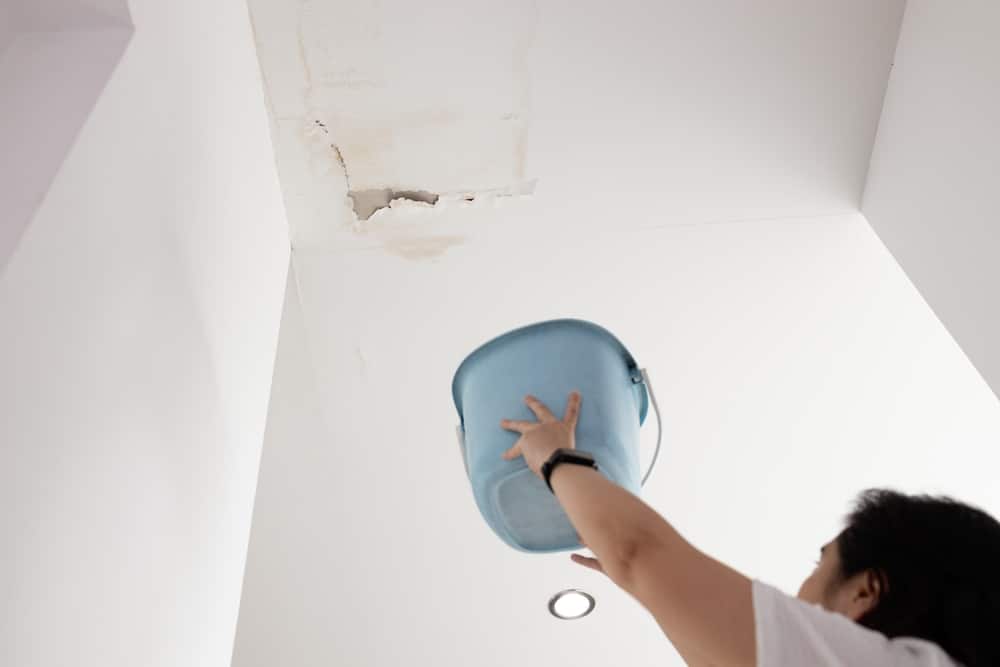Every homeowner has likely experienced the unsettling sound of pipes clanging after turning off a faucet or appliance. This noise, known as water hammer, is more than just a mild annoyance; it can indicate serious plumbing issues that may lead to damage if not addressed. Understanding the solutions for water hammer noise is essential for maintaining a quiet and efficient home.

Understanding Water Hammer
The term water hammer refers to the shockwave that occurs when water in motion is suddenly forced to stop or change direction. This phenomenon creates a loud banging noise that echoes through the plumbing system. It can result from high water pressure, quick valve closures, or long piping runs without adequate support.
Causes of Water Hammer
High Water Pressure
High water pressure is one of the most common causes of water hammer. When the pressure exceeds recommended levels, it increases the force with which water travels through pipes, leading to potential damage and noise.
Quick Closing Valves
Appliances with quick-closing valves, like dishwashers and washing machines, can cause water hammer by abruptly stopping the flow of water, creating a sudden surge of pressure.
Inadequate Pipe Support
Pipes that are not adequately supported can move and bang against other structures, amplifying the sound of water hammer. Proper bracketing and cushioning can help mitigate this issue.
Simple Solutions for Water Hammer Noise
Install Water Hammer Arrestors
A water hammer arrestor is a device that absorbs the shockwave created by water hammer, preventing it from reverberating through the plumbing system. These can be easily installed by a professional plumber.
Pressure Reducing Valves
Installing a pressure reducing valve can help lower the water pressure in your home, preventing water hammer from occurring. This solution not only reduces noise but also protects your plumbing from damage.
Air Chambers
Air chambers are vertical pipes installed near valves that can absorb the shock of water hammer. They should be checked regularly to ensure they are not waterlogged, as this can reduce their effectiveness.
Advanced Techniques
Pipe Insulation
Adding insulation around pipes can help reduce noise by cushioning the pipes and preventing them from banging against walls or other structures.
Securing Loose Pipes
Ensure all pipes are properly secured with brackets and fasteners. This prevents movement that can exacerbate the water hammer noise.
Professional Plumbing Inspection
If water hammer persists despite trying the above solutions, it may be time to call a professional plumber for a thorough inspection. They can identify any underlying issues and provide targeted solutions.
Preventing Water Hammer in New Constructions
For those building new homes or undergoing major renovations, planning the plumbing system with pipe protection strategies is crucial. This includes ensuring proper pipe sizing, routing, and installing devices like arrestors and pressure reducers from the outset.
The Importance of Regular Maintenance
Regular plumbing maintenance, such as checking for leaks and ensuring proper water pressure, can prevent water hammer issues. Leak prevention checklists are helpful tools for homeowners.
Environmental Impact
Addressing water hammer not only improves home comfort but also contributes to environmental conservation. Reducing leaks and optimizing water usage helps in conserving water resources.
Case Studies
Residential Solutions
In one case, a homeowner experienced persistent water hammer due to high water pressure. By installing a pressure reducing valve and water hammer arrestors, they were able to effectively eliminate the noise and prevent future plumbing issues.
Commercial Applications
In commercial buildings, where plumbing systems are more complex, addressing water hammer can involve a combination of solutions, including the use of advanced arrestors and regular system audits.
FAQs
What is the main cause of water hammer?
High water pressure and quick-closing valves are the primary causes of water hammer.
Can water hammer damage pipes?
Yes, if left unresolved, water hammer can cause stress and damage to pipes and fittings.
How can I tell if my pipes have water hammer?
Common signs include loud banging noises when turning off faucets or appliances.

Conclusion
Understanding and implementing solutions for water hammer noise is essential for maintaining a peaceful and efficient home environment. By addressing the root causes and employing both simple and advanced techniques, homeowners can effectively silence the bangs and protect their plumbing systems.
For further reading on water damage prevention, you can visit this external resource.
This article contains affiliate links. We may earn a commission at no extra cost to you.


